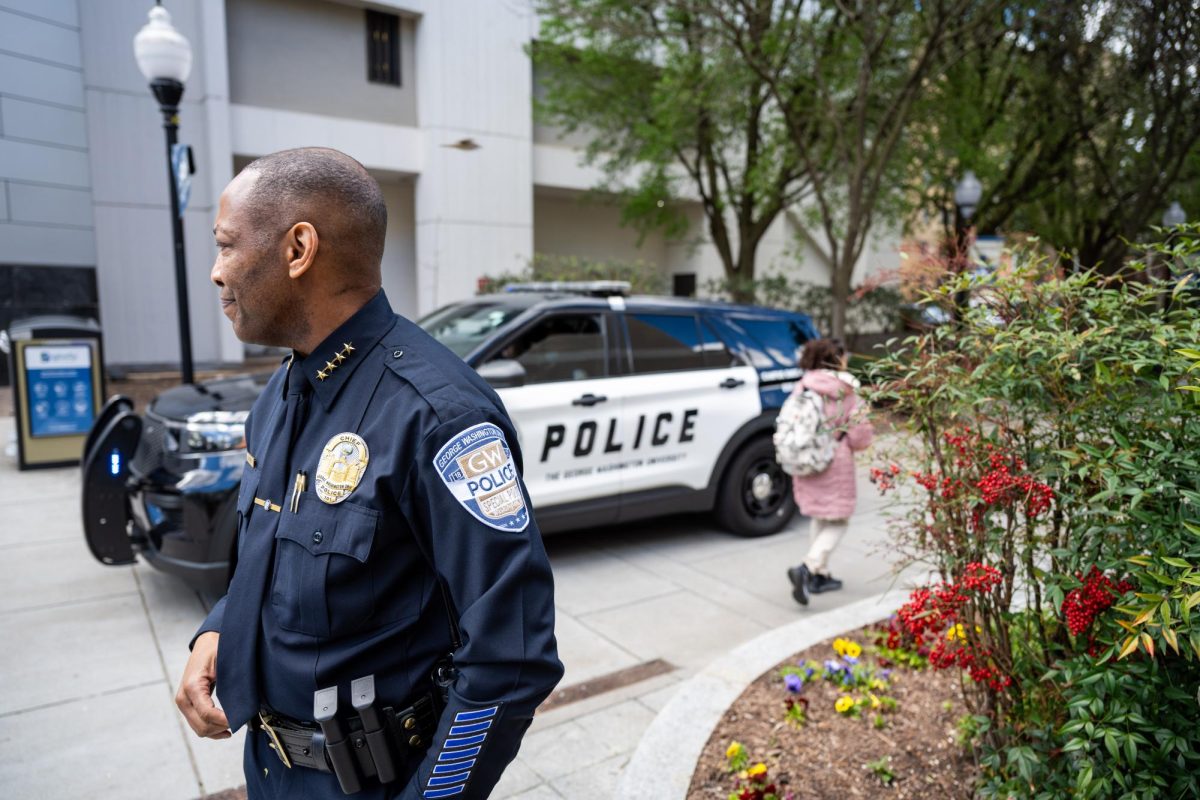This post was written by Hatchet staff writer Liza Dee.
The GW Law School’s Immigration Clinic earned a top honor from the city court’s Hispanic Heritage Committee last week for students’ work defending local Latinos free of charge.

The Hispanic Heritage Celebration Committee Community Agency Award is the third honor for the immigration clinic since of clinical law professor Alberto Benitez came to GW in 1996. He attributed the success to the clinic’s reputation of encouraging students to“take on cases that others won’t take on.”
“We save lives and reunite families – that really is what immigration law is all about,” Benítez said. “We help people get their families together and stay together. That’s what we’ve always done and will hopefully continue to do.”
The immigration clinic is among nine Jacob Burns Community Legal Clinics that allow law school students to apply their skills by representing real clients in the D.C. area.
Binta Mamadou, a law student who works in the immigration clinic, added that she is proud of the reputable status the group has built in the District over the years.
“People who have worked before us, they’ve been able to do really good quality work for people. I think that has a lot to do with why the community thought so highly about the immigration clinic,” she said.
Students take on a range of immigration cases including asylum applications and deportation or defensive removal proceedings. They often make further efforts to help clients get their families to the U.S. or overcome cultural and linguistic barriers.
The clinic now has clients from at least 13 different countries on its docket. Students in the program generally work on two to three cases over the course of the year.
Several students in the clinic come in with a unique perspective because they are immigrants themselves, Madadou said.
Mamadou, who is from Niger, said getting a green card and naturalization was so easy for her that she “almost took it for granted.”
“I realized that so many people don’t have that type of experience. It’s just not fair. It’s because I realized everyone’s case wasn’t as easy as mine that I wanted to make a difference,” she said.




